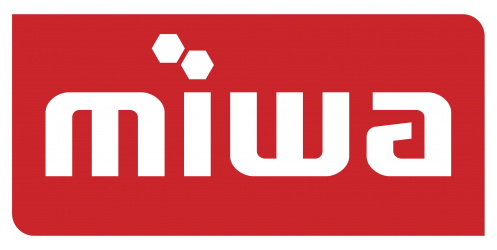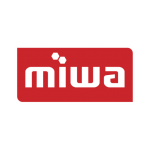Since loadshedding is set to be a long-standing problem, it’s time to look for alternate energy sources. Mark van der Merwe of W Squared Engineering did just that, installing solar at the beginning of the year, with fantastic results.
Mark says that he realised he needed to investigate a way to keep his workshop running efficiently when it became clear that the UPS which powered the computer management system wasn’t up to the task. “It allowed us to book in jobs, but that actually compounded our stress because we weren’t able to deliver our services and products as our system is designed to do,” he explains. No power meant that workflow processes were hampered, ultimately affecting turnover.
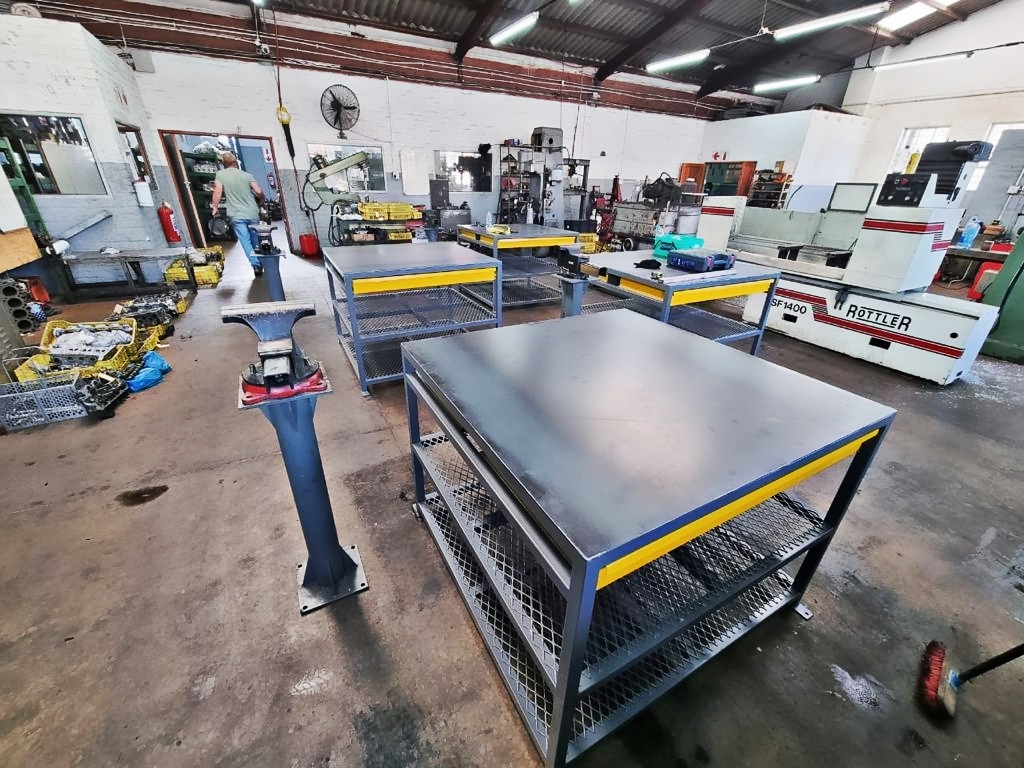
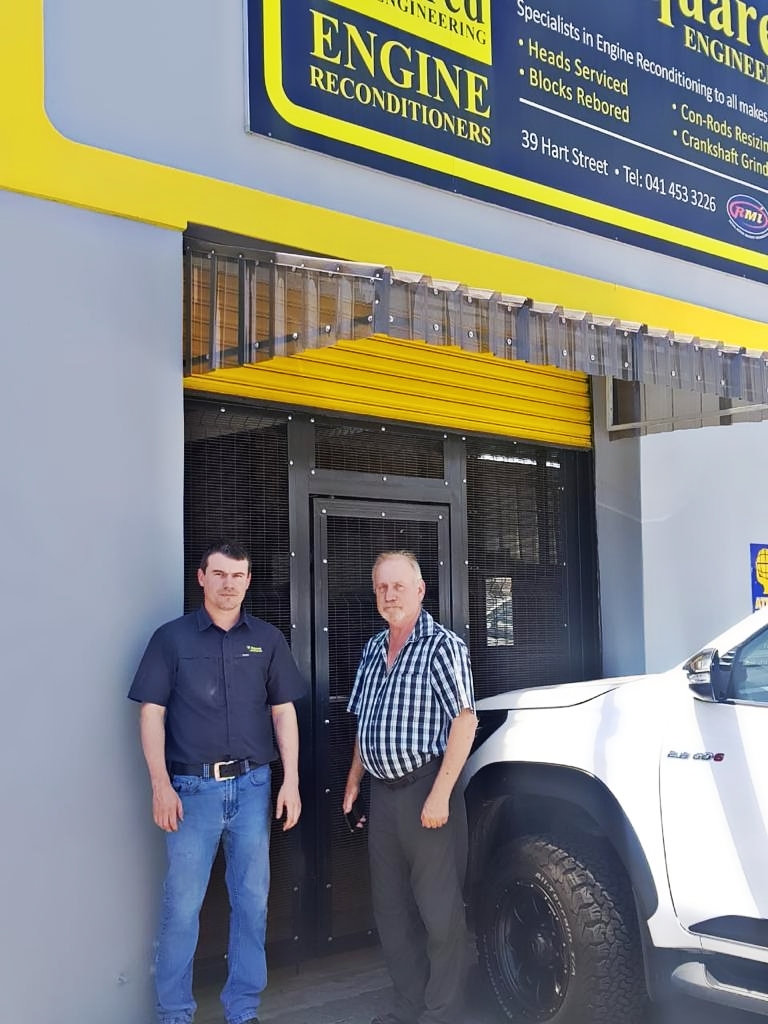
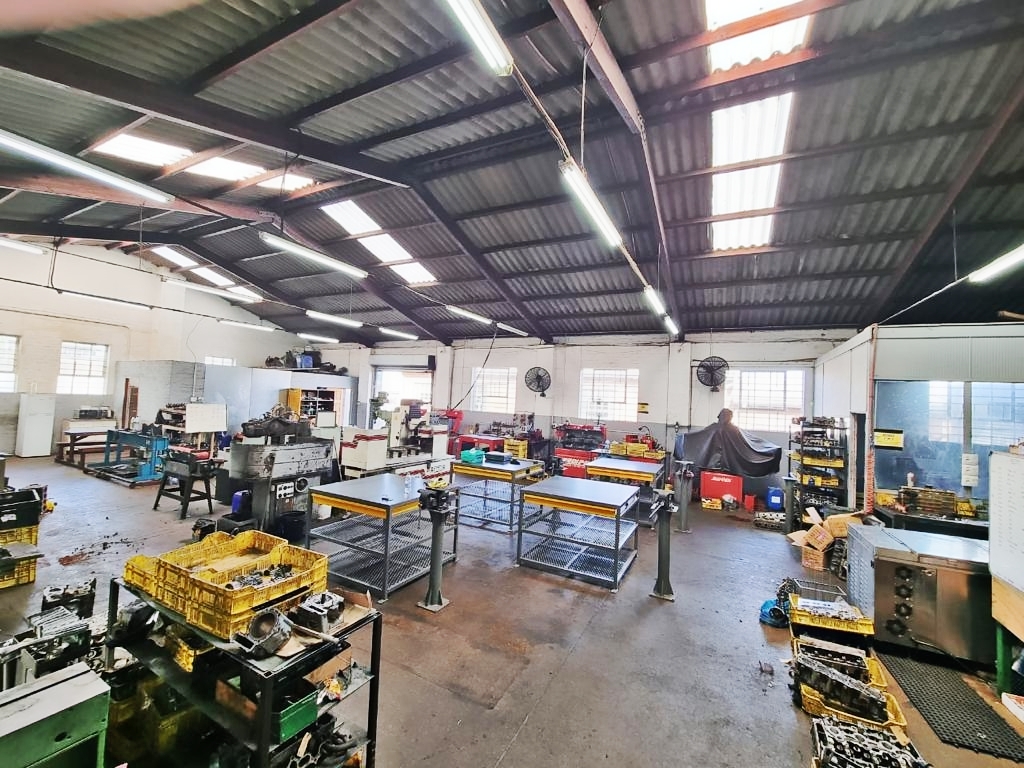
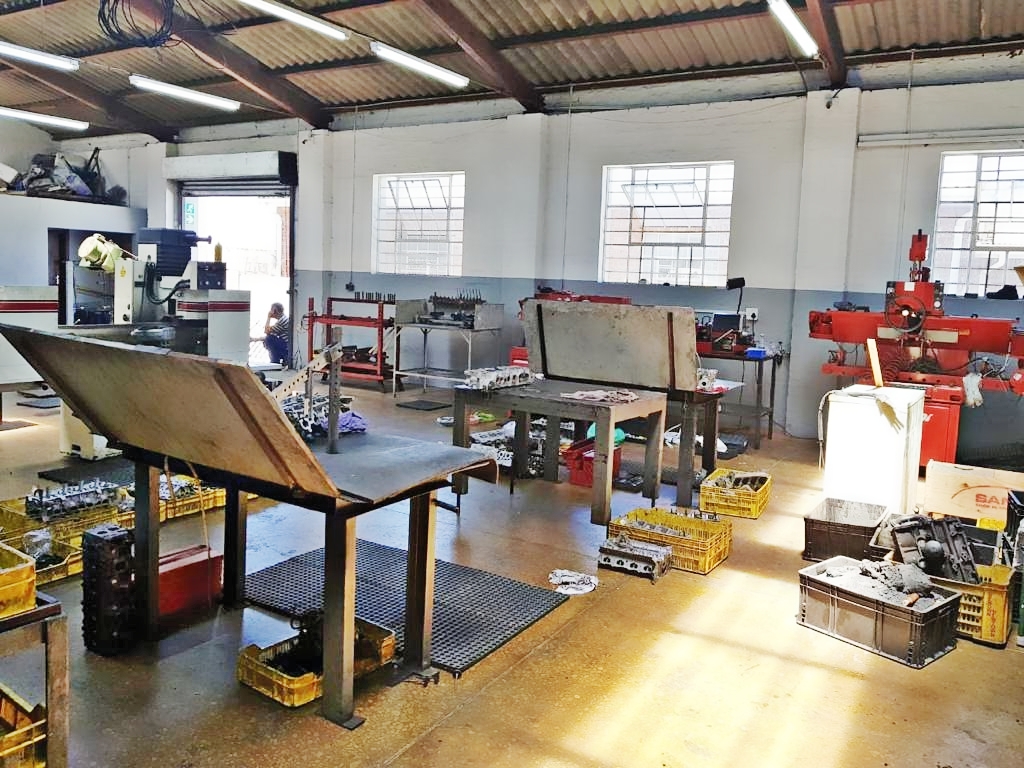
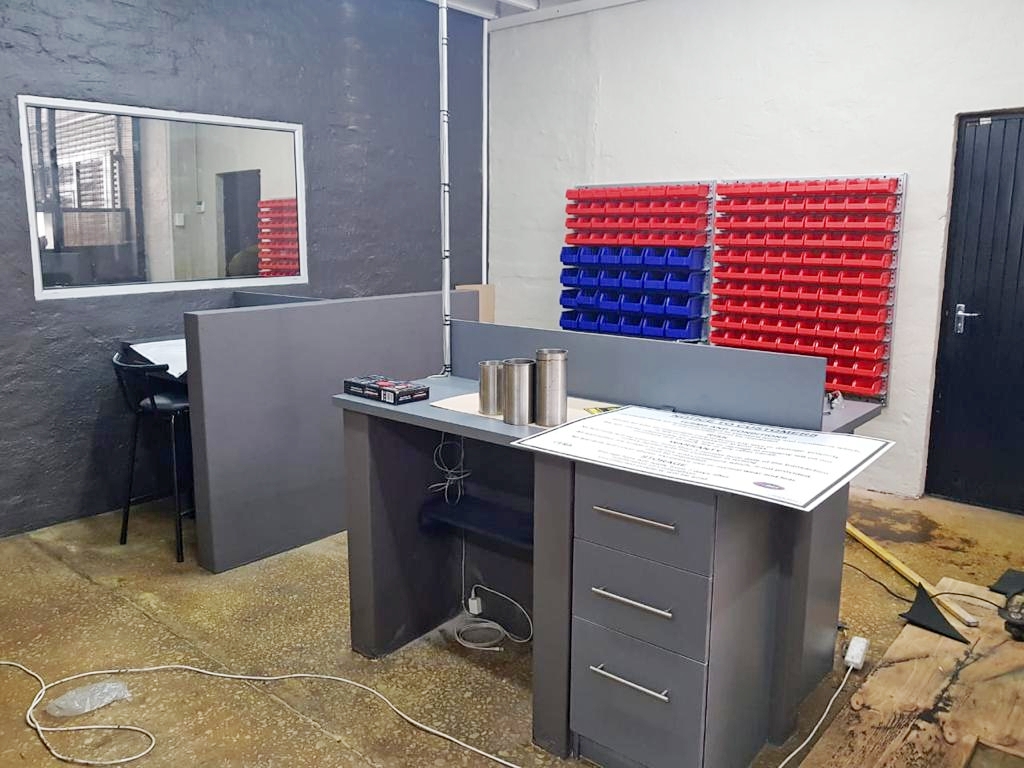
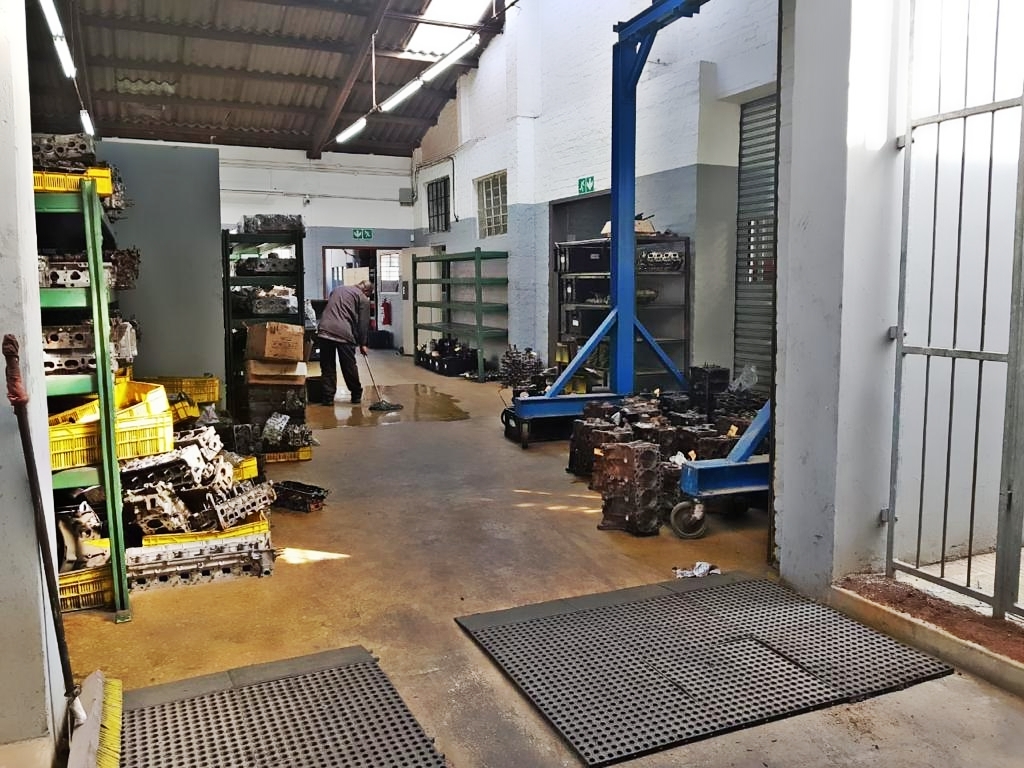
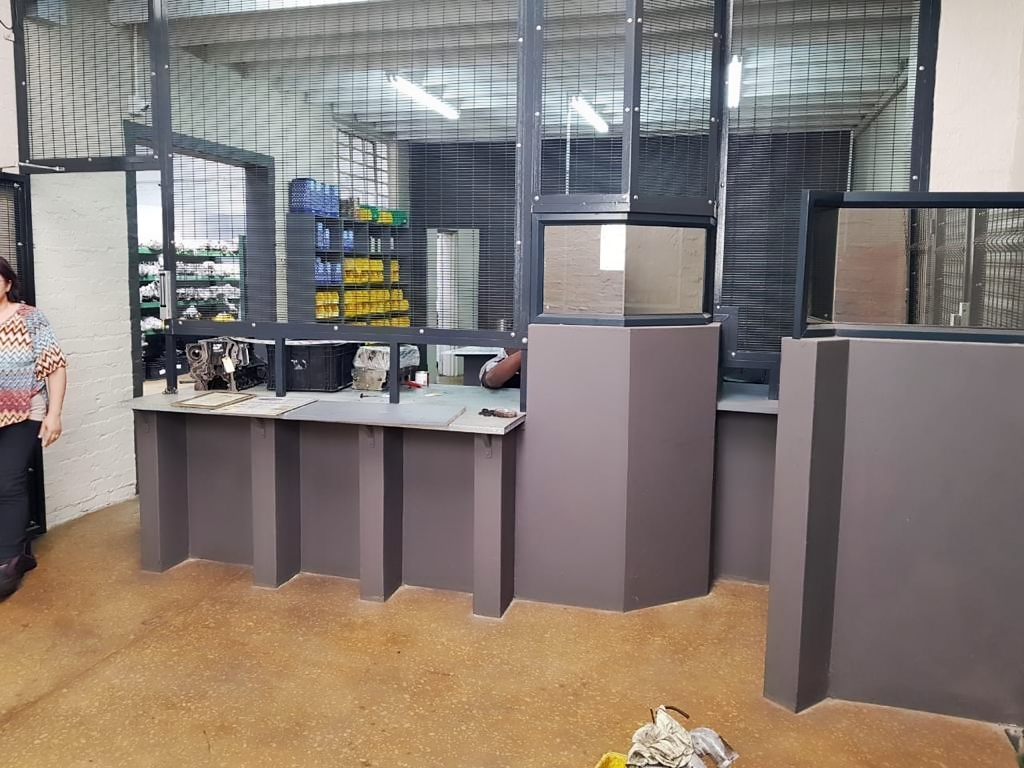
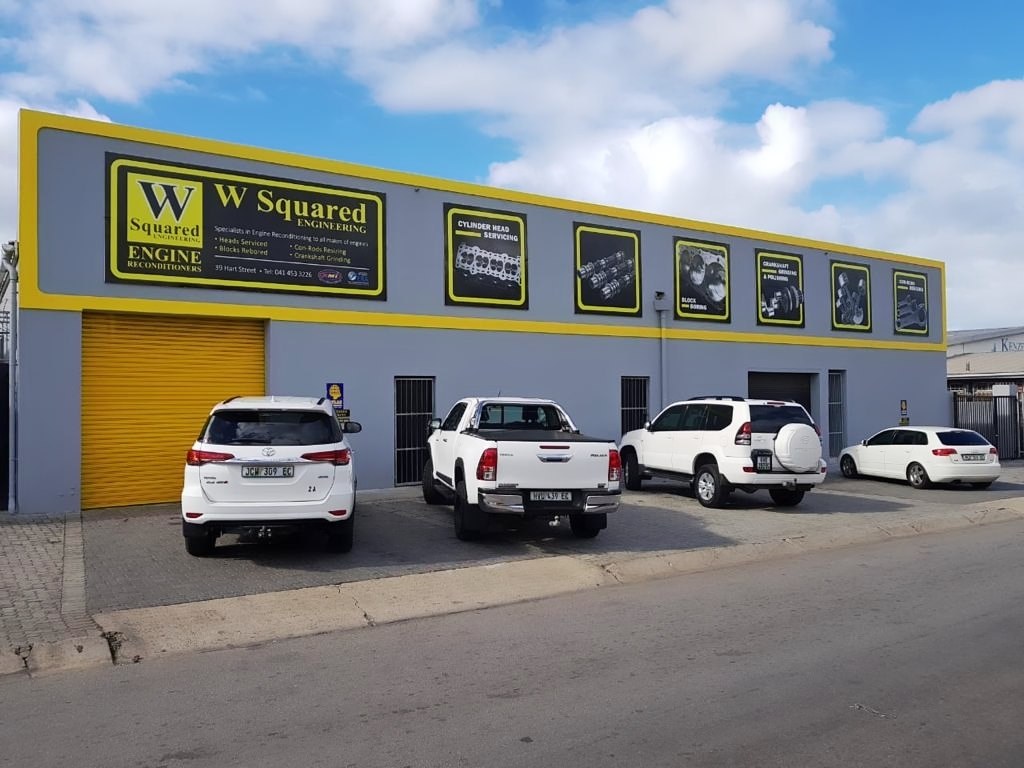
Mark reveals that the company considered installing a diesel generator before he looked at solar power, but while this would have been slightly cheaper, it offered less value in the long term. A diesel generator would depreciate over time, and would incur costs related to maintenance and fuel – plus, there’s the noise factor.
Not having enough knowledge about the various electrical power options, Mark asked Rudi Kersten, a consultant, for advice. Rudi’s recommendations took into account the workshop’s consumption and circumstances and were tailored to its specific conditions.
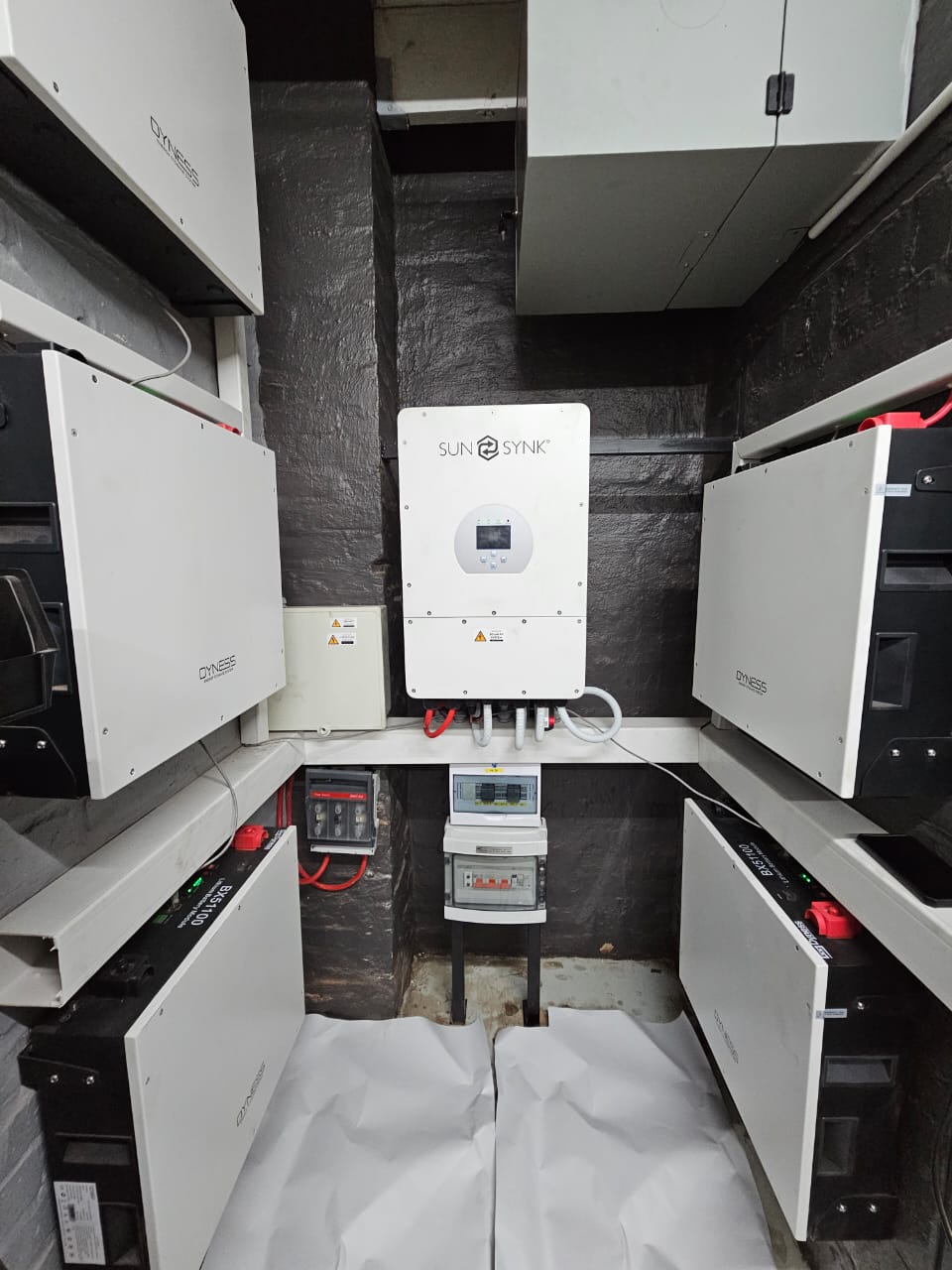
Mark says that one of the greatest advantages of solar power is that it pays for itself over time – in fact, the more loadshedding we face, the quicker it shows this advantage in terms of cost of power relative to cost of downtime. There’s also the added benefit of being able to retain consistent turnover through continuous productivity, no matter what the loadshedding schedule says.
His advice to other workshops keen to follow this route? “Do your research. Engage with a power consultant who can analyse your system and help you understand your needs and options. The more businesses that mitigate their risk by installing a system and sharing their information, the better we are able to survive and thrive in this situation. Keeping the wheels of industry turning is a collective problem with a collaborative solution.”
